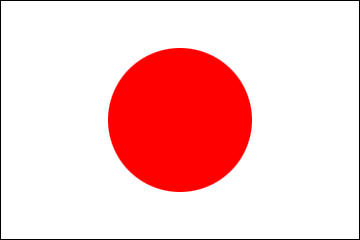Through the Eyes of the former Consul General Yamada (June, 2017 - July, 2020)
2019/10/24

My Visit to Spokane and Pullman
Spokane is Washington State’s second largest city with a population of 220,000 people and is located on the eastern side of the state. The city has seen recent dynamic growth with the arrival of many companies, particularly in the medical sector. Amazon is also constructing an enormous logistics center there. Mayor David Condon has been the driving force for such developments over the past eight years. On September 23, I visited him and was welcomed, as usual, by his bright and energetic smile.
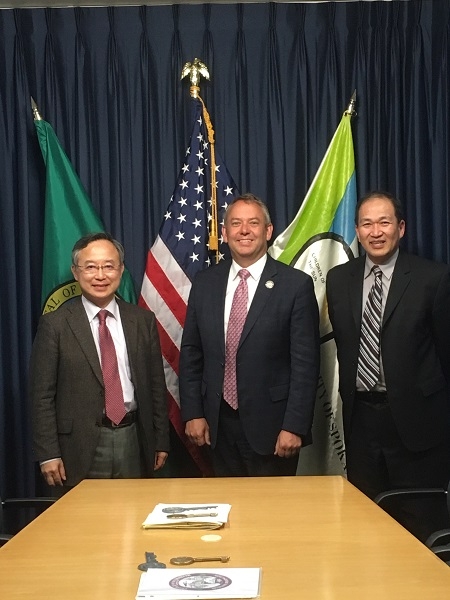
Mayor David Condon of Spokane (center)
|
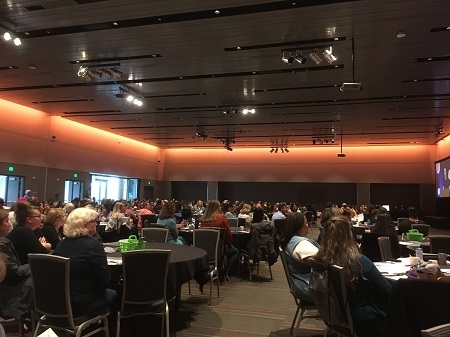
Washington State Coalition Against Domestic Violence Annual Conference
|
The next day, I went to Pullman, a city in the middle of endless wheat fields and with a population of 34,000 people. At first, I visited Mayor Glenn Johnson. He has taught media at Washington State University (WSU) for a long time and also serves as an announcer of live-coverage football games for the university team, the Cougars. I, too, was drawn in by his deep, soft voice. He has already served as mayor for four terms, and since there is no rival candidate for the next election in November, he will have his fifth term. Pullman’s economy is strong, and everyone in the city knows the Mayor’s voice. How difficult it must be for anyone to successfully challenge him!
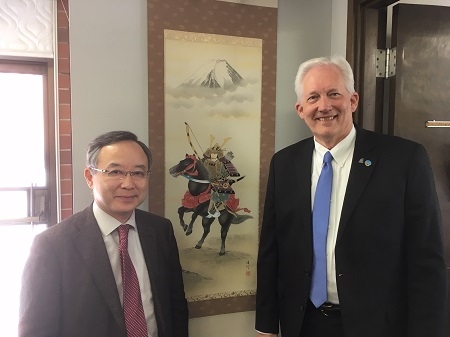
Mayor Glenn Johnson of Pullman
|
Pullman’s majority of residents, approximately 20,000 people, are WSU students. WSU also has four other campuses and contributes to the local communities of eastern Washington by providing employment and technology, mainly in the areas of agriculture and life sciences. I had been asked by the university’s Tom Foley Institute to give a speech on the international situation surrounding Japan. Late Tom Foley was an outstanding politician; he served as the Speaker of the House of Representatives for nearly six years in the early 1990s and as the US Ambassador to Japan from 1997 to 2001. After my talk, the fifty students present asked me questions, such as regarding the amendment of the Japanese Constitution and the US forces in Okinawa— questions that show the high quality of Japan studies there.
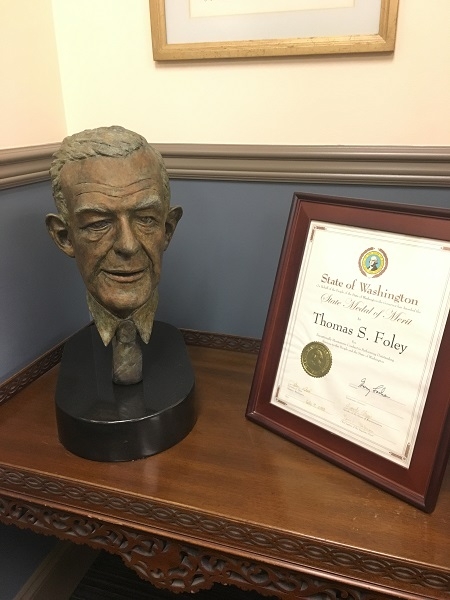
Visiting the Foley Institute
|
Having some free time in Pullman, I asked Mayor Johnson about places to visit in Pullman. He recommended a visit to the company Schweitzer Engineering Laboratories (SEL) and contacted its vice president. Since there was only one Uber car in the city, the Mayor himself kindly gave us a ride to the company. SEL builds and provides systems, services, and products that protect and manage power grids. It employs 2,500(!) people at its Pullman headquarters and conducts business with large Japanese corporations. In Georgia, a country located to the south of Russia, the introduction of the SEL’s system stopped nationwide blackouts after 2014. Much of Japan’s Chiba prefecture suffered from power outrages after a powerful typhoon hit in early September. Listening to SEL’s work, I wondered if the company could have prevented such a situation if it had services there.
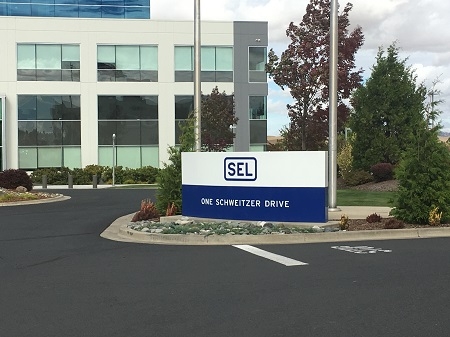 |
The founder of SEL, Edmund O. Schweitzer III, is a WSU graduate who later taught at the university and has also contributed a lot to the city. I am grateful to Pullman for giving me an opportunity to learn about the close relationships and connections between a company, the university, and the community.
